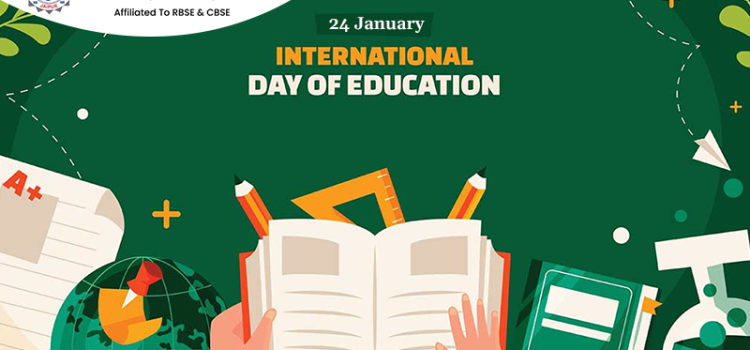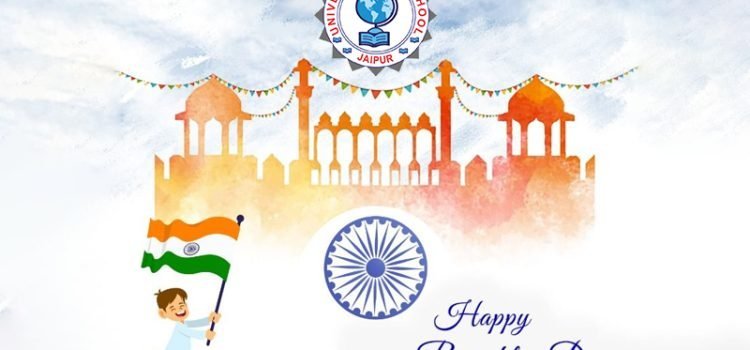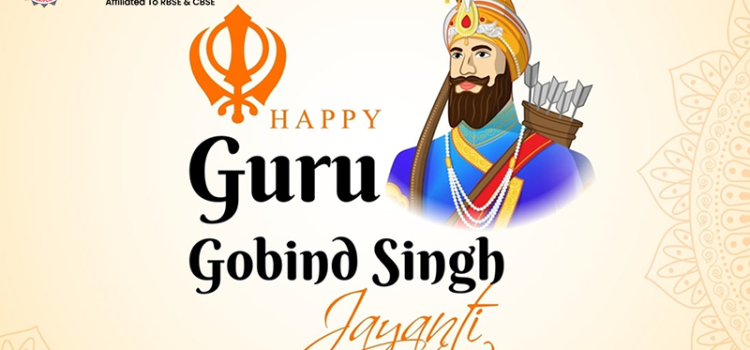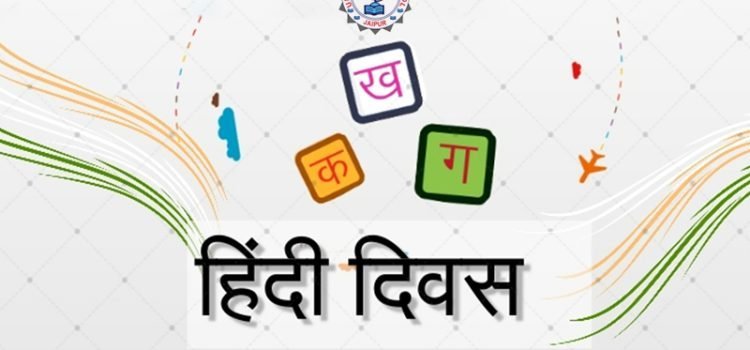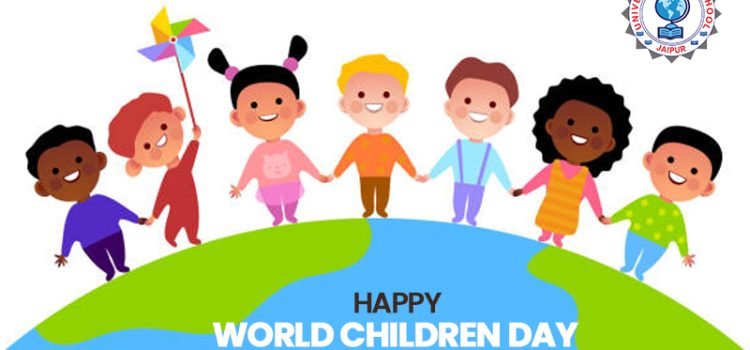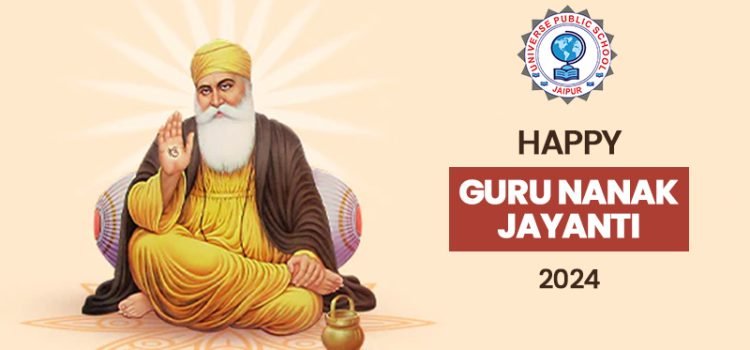Every year on January 24, we celebrate the International Day of Education. It takes a more comprehensive approach to schooling. Millions of children still lack access to this fundamental human right, and the quality of education differs among children worldwide. The purpose of the day is to advocate for improved educational reforms and universal access to education. It’s a day to celebrate and advocate for access to education. One event that emphasizes the value of education in creating a better society is the International Day of Education. This day, which is observed worldwide, is devoted to advancing universal access to education, increasing understanding of its transformational potential, and supporting inclusive, egalitarian education that ensures no one is left behind.
Universe Public School (CBSE and RBSE) is set to celebrate the International Day of Education 2025 with great enthusiasm and a commitment to fostering the importance of education as a universal right. Students will take part in discussions, displays, and artistic endeavors that highlight the transformative potential of education in tackling global issues. The school hopes to inspire young minds to become change agents while increasing awareness of the value of inclusive, egalitarian education. Together, the universe public school community will honor the pivotal role of education in shaping a better tomorrow.
The Theme for International Day of Education 2025
The theme for the 2025 International Day of Education was “AI and education: Preserving human agency in a world of automation”.
History of International Day of Education
The school hopes to inspire young minds to become change agents while increasing awareness of the value of inclusive, egalitarian education. Institutions are not the only places that may impart knowledge; it is our collective responsibility to advance high-quality education. Allowing access to education can help many people escape poverty and clear the way for a bright future—something that most of us probably take for granted. According to UNESCO’s statistical data, an estimated 258 million children are not in school. The situation is worse for marginalized communities, those living in regions with higher inequality, and underdeveloped countries. The harsh truth is that education is still viewed as superfluous in a large number of countries worldwide.
The International Day of Education serves as a call to action, encouraging citizens, civic society, and legislators to take decisive action to guarantee that children receive primary and secondary education and to increase young involvement in the educational process. Learning programs should be created to meet the requirements of various populations while focusing on one primary objective: giving kids the education they need to find work and have better futures.
International Day of Education Timeline
- 1989 (Education for All): According to the Convention on the Rights of the Child, every nation must ensure that everyone has access to higher education.
- 2002 (Equality for All): The No Child Left Behind U.S. Act was passed.
- 2015 (Sustainable Development Goals): It is acknowledged that education is the key to achieving the 2030 Sustainable Development Goals Agenda.
- 2016 (Quality, not Quantity): According to Pakistan’s National Education Assessment Report, many students continue to receive scores below the acceptable level even when they are enrolled in school.
How to Observe International Day of Education
- Learn about Education in your Area
Stay updated with the curricula and instructional strategies used by local schools. After you graduate, it’s critical to understand the educational status of your community.
- Support a Child’s Education
It’s time to speak with the person or their guardian about someone you know who is not in school. Do your part in promoting and advocating education and its importance.
- Donate
The goal of education-based organizations is to advance education. Make a sizable donation to your preferred cause. The future of a child can be secured by your contribution.
Why International Day of Education is Important
- Education is a human right
That’s how easy it is. Everyone has the right to education. It is unfortunate when someone is denied this right since it can determine whether their future is stormy or fruitful.
- Education is the key to sustainable development
Persistent growth is impossible without education. It is crucial for fostering the growth and evolution of societies.
- Empowering individuals
Fundamentally, educating someone entails giving them more power. It gives individuals the ability to think, come up with ideas, make plans, and have a purpose.
FAQs
When is the International Day of Education celebrated?
Every year on January 24th, the International Day of Education is observed to honor the vital role that education plays in promoting equality, progress, and peace on a global scale.
Why is the International Day of Education important?
This day honors advancements in global education, highlights the importance of inclusive and equitable quality education, and highlights the need to remove obstacles that prevent millions of people worldwide from accessing education.
How can schools and organizations celebrate the International Day of Education 2025?
Schools and organizations can celebrate by organizing educational workshops, panel discussions, exhibitions, cultural performances, and awareness campaigns. Another good method for honoring the event is to involve students and communities in participatory activities like debates, essay competitions, and creative projects.
How does education contribute to a sustainable future?
Education empowers people with the attitudes, information, and abilities they need to address global issues like injustice, poverty, and climate change. It encourages critical thinking, creativity, and the development of communities dedicated to improving the world.
How can individuals contribute to the celebration of this day?
Contributing to educational programs, making donations to groups that support educational access, raising awareness on social media, or just having deep discussions about the importance of education are all ways that individuals can help.


